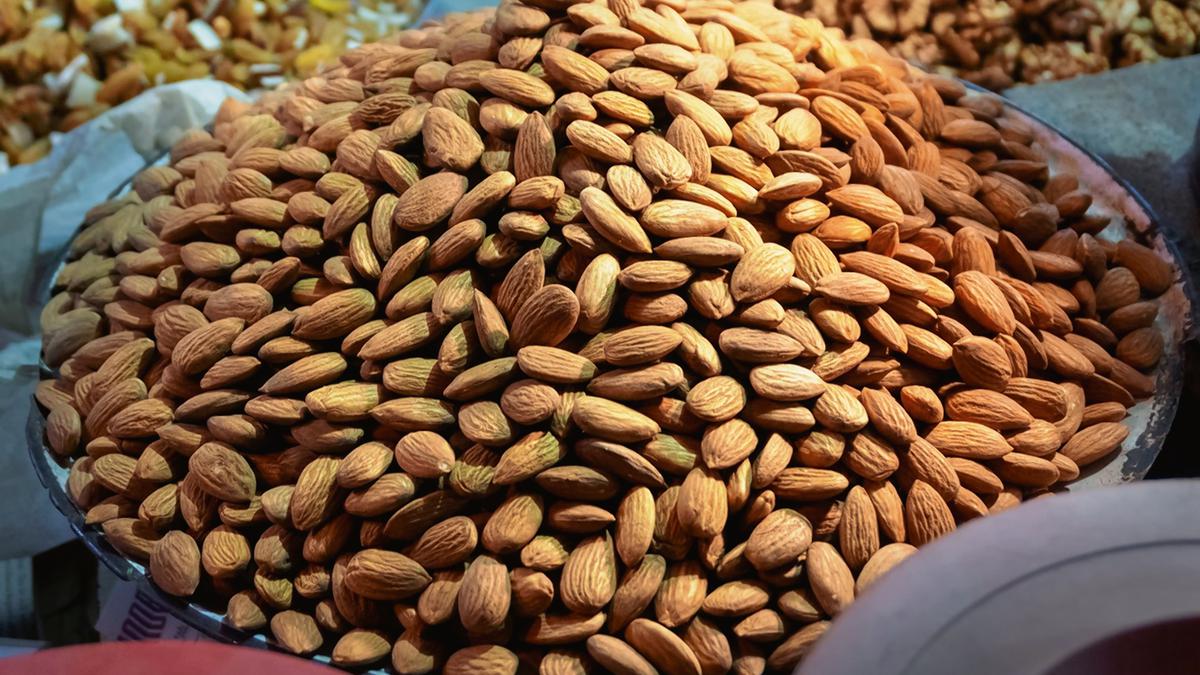
Senior citizens like me remember the song “Mera Nam Abdul Rahman, Pistawala Main Hun Pathan” in the 1956 film Bhai Bhai, and thought that the dry fruit Pista or pistachio was an import. But Dr K.T. Achaya, in his book “Indian Food”, points out that dry fruits like almonds, pistachio, cashew, walnut, apricot and pomegranate were known since the time of the sage Charaka (100 BC), the father of Ayurvedic Medicine, who pointed out their value in health and nutrition.
A recent paper by Isabela Mateus Martins and others confirm this using almonds as the queen of dry fruits. Almonds are regarded as the epitome of healthy foods because they are a rich source of protein, monounsaturated fatty acids, dietary fibre, vitamin E, riboflavin, and essential minerals as well as phytosterols and polyphenols. The growing body of clinical evidence suggests that almond, which can be bought in any dry fruits shop, consumption is associated with several health benefits. Other dry fruits that also offer health benefits are cashew nuts, raisins, walnuts, dates, apricots and pistachio. Besides dry fruits, ‘wet fruits’ such as bananas, grapes, guavas, oranges and mangoes offer health benefits, as Charaka pointed out.
Functional food
Such healthy foods are also called ‘functional foods’, since they offer health benefits beyond their nutritional value. Some examples are oats, and millets like bajra, ragi, jowar, and soya proteins, besides the fruits. The Hyderabad-based National Institute of Nutrition (NIN) offers periodic reports on the nutritive values of Indian foods, and what a healthy adult should eat to stay healthy. Children in particular should eat a lot of dry and wet fruits, and foodgrains of nutritive value.
Functional foods are defined broadly as foods that provide more than simple nutrition; they supply additional physiological benefit to the consumer. Besides what NIN has suggested, the Healthline website suggests many functional foods that should be in the daily diet. This site is well worth reading. Functional foods have ingredients that offer health benefits which extend beyond their nutritional value. Some types contain supplements or other additional ingredients designed to improve health.
A healthy diet
Given all this, what should be eating, in order to maintain a healthy daily diet? The best would be to use not just rice or wheat in our daily diet, but include millets in the main item. And when we cook curry, using vegetables, let us use turmeric, cinnamon, ginger and garlic. Add butter and ghee, but not in excess. Curd contains several antioxidants. And drinking coffee and tea, though no more than a few cups per day, is also useful since they contain antioxidants. Children, in particular, should drink several cups of milk daily, while adults can limit it to three cups. In addition, let us eat dry and wet fruits often, at least once a week. And, if you are a non-vegetarian, you can eat eggs, fish, chicken and mutton, since they offer rich sources of minerals and fats of value.
So, have a nice and healthy meal!

COMMents
SHARE